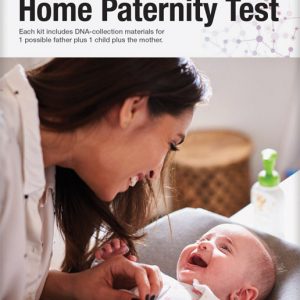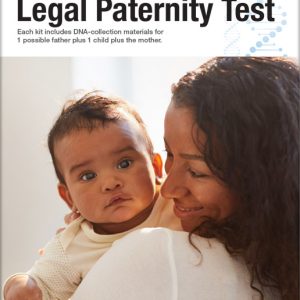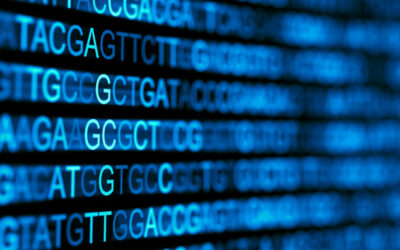Like many of our clients, you may have questions regarding issues of privacy during the paternity testing process. Here are answers to 5 common questions about privacy in DNA testing:
1. Can I keep my DNA test confidential?
DDC offers a private home DNA test and a legal paternity test. Both options allow clients to take a paternity test with the highest levels of confidentiality; the difference is that the legal paternity test requires DNA sample collection by a trained technician at one of our DNA sample collection sites. A home DNA test allows clients to collect their own samples in the privacy of their own homes.
In both tests, we employ several security safeguards to ensure that your information is kept private and confidential. For example, we take steps to verify each caller’s identity to ensure that they are authorized to receive any information about a case.
2. How do you keep my contact and other personal information private?
DDC only uses your contact and personal information to provide the DNA testing service; for example, to arrange sample collection appointments. We do not share your personal and contact information with the other tested parties in a paternity test–we understand that this may sometimes be a concern for some clients. Needless to say, we do not give, sell, or rent your contact information to third parties. In addition, we use state-of-the-art technology to ensure that all testing information is maintained in a secure database.
3. What happens to my DNA after it is tested in the laboratory?
After the DNA paternity test is complete, DNA samples are destroyed after a holding period according to accreditation guidelines and per privacy policy.
4. Who has access to my paternity test results?
Home paternity test results are sent to the person who set up the case. Legal paternity test results are sent to the adult tested parties and any other recipients they authorize, such as a lawyer.
5. Could my DNA end up in a government database?
No. DNA tests initiated through DNA Diagnostics Center are private and confidential; we do not provide any of your DNA information to government entities unless you direct us to do so.
Some clients may have heard about the CODIS database. In 1994, the DNA Identification Act allowed the creation of a national database of DNA profiles from persons convicted of crimes, as well as the analysis of DNA samples recovered from crime scenes and identified human remains. DNA profiles collected from federal arrestees are now included into this database, as well as samples from individuals whose collection was authorized under state law. Currently, states differ on their guidelines for DNA collection–depending on whether the individual has been convicted or only arrested, for example, and the severity of the crime under investigation.In any case, the DNA profiles collected as part of our paternity testing services are not covered in the scope of the CODIS database.
For more information about privacy in DNA paternity testing, or to consult confidentially with our DNA specialists, please visit our website or call us at 1-800-613-5768.





0 Comments